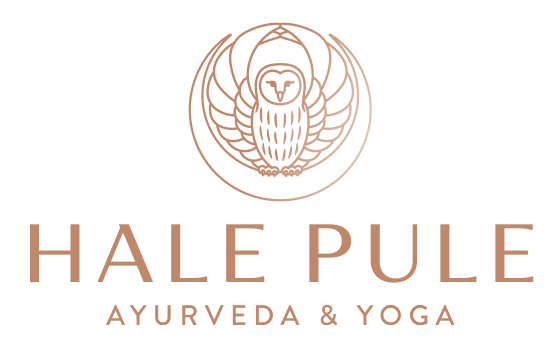
Step 12 is incredibly powerful because it has three steps within it. It involves working the previous eleven steps, being of service by sharing what we have learned and to continue practicing these principles for the rest of our lives. Practicing for the rest of our lives is the most important guiding principle of life, as well as the steps.
Recovery is a lifelong process, and Step 12 makes us aware of that in clear terms. This is where our work begins rather than ends. In that way, our recovery asks the same of us as Yoga -- a lifelong practice of devotion to the God of our hearts.
Patanjali’s Yoga Sutras remind us that we must practice consistently and with determination over a long period of time to have lasting results (read more about that concept, called tapas, here). The same is true in recovery. The effects of any daily practice, whether it is pranayama or Step 9, are cumulative. As we gain experience, we come to understand how a conscious life is a continual learning process.
In Steps 1 through 11, we explored our inner worlds and learned how our outer worlds reflect what is inside. That is not a static understanding that ends once we reach Step 12. Each day is an opportunity to rediscover ourselves. There is always more, a new way of seeing an experience, another step up we can take in our ability to love or a deepening of clarity. Step 12 reminds us that daily life is the practice arena.
In both Yoga and recovery, it is not a matter of doing the practices “right” to get a good grade or better status. Our overall intentions are what shape our direction. Ground your recovery practice in moksha, or liberation in the here and now. Also called “spiritual mastery,” moksha is about understanding what it means to live fully, openly and freely in connection to our higher power. It means examining ourselves, our motivations and the results of our actions so that we can release karmas and find connection with our true selves. All of the work in the previous steps prepared you to meet yourself on a new level, free of the raga, or addiction, that shielded you in the past. Make moksha the focus of your recovery and your life. This gives an underlying purpose to all of your actions and allows you to move forward toward something greater than yourself.
Being in recovery gives us freedom. Without the limitations of raga, we can choose to respond to life in ways that make us and others feel positive, enthusiastic and hopeful. By living in this way, and sharing the teachings with such a focus, we build connection between ourselves and the whole. This is the point of Ayurveda, Yoga and recovery: to understand that the joy of living is not an endpoint, but rather a method of travel.
We have built our karmas to learn who we truly are as eternal spirit. Our addictions were part of that journey. It is clear that our work is beginning at Step 12, not ending. Our purpose in this life is to have fun, to create, to be guided to ever-fresh delight at the experience of being alive. This is our experience when we choose right living and align ourselves with our higher power. We were born to be happy, joyous and free. Let Step 12 be the first step you take toward fulfilling that promise.
